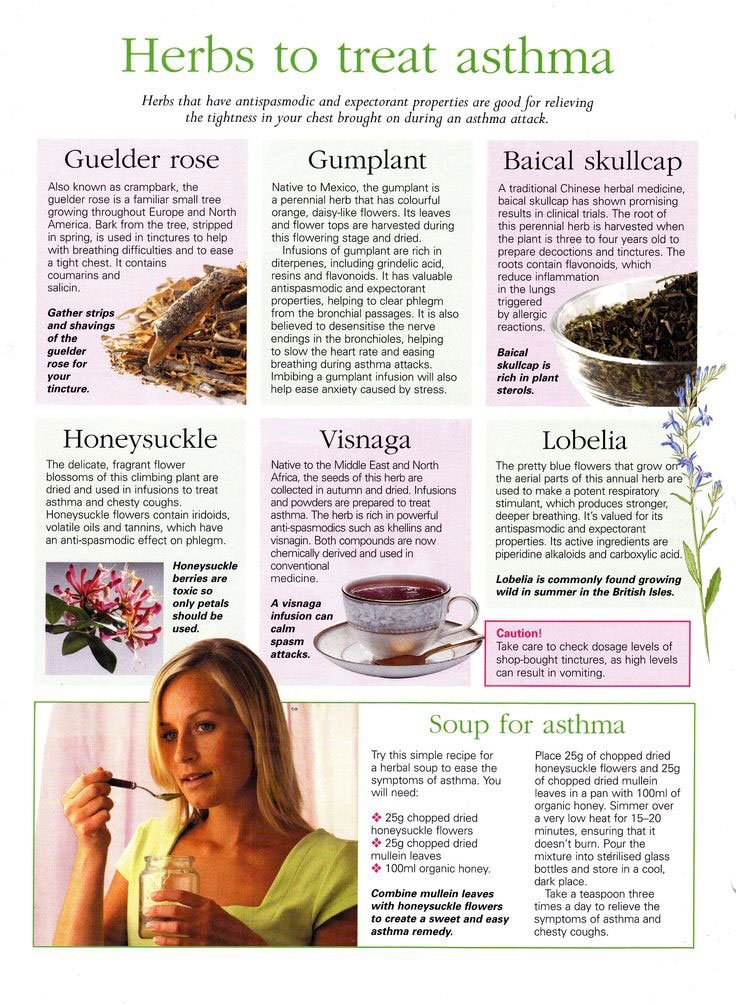Research involving children with asthma that are living together with cigarette smokers demonstrates that household air cleaners could significantly minimize air pollution in households and reduce day time asthma symptom rates comparable to those obtained by using some asthma anti-inflammatories.1✅ JOURNAL REFERENCE
DOI: 10.1001/archpediatrics.2011.111 Even though air cleaners improved upon the overall air quality inside households, they didn’t lower air nicotine concentrations and also didn’t counter all ill side effects associated with 2nd-hand smoke.
Parents should put into practice a complete ban on household cigarette smoking and make use of air cleaners merely as a short-term tool along the way to achieving a smoke-free home. Air cleaners seem to be an effective partial way to improve air quality in homes of children who live with a smoker but shouldn’t be considered an alternative to a smoke-free environment.
The investigators followed 115 young, 6 to 12 year old children for 6 months, who resided within households in which more than one caregivers smoked cigarettes. All of 41 homes were given 2 free standing air cleaners placed in the bed room as well as living room. A further one 3rd of the households received air cleaners as well as at-home health instruction with a nurse about the dangers associated with 2nd-hand smoke, and the other third received neither but received air cleaners at the end of the research. Air nicotine concentrations as well as air particulate matter were tested – microscopic bits of soil, smoke, pollen, spores and dust normally flying around in the air – before installation of air cleaners and 6 months later. Asthma symptoms and cotinine (biological nicotine marker present in urine) were also compared between children residing in households without and with air cleaners.
Even though the air never reached the quality of households that were smoke-free, overall air quality within households having air cleaners demonstrated an almost 50% decrease in the concentrations of particulate matter. Households which had both air cleaners in addition to health instructor visits didn’t achieve improved air quality compared to households which received only air cleaners. Air nicotine and urine cotinine levels stayed similar in all children, despite use of air cleaners in the household.
The research also determined that children residing in households with air cleaners experienced significantly more days with no asthma symptoms in contrast to children residing in households with no air cleaners. According to asthma symptom rate decline seen in this research, it’s estimated that a child having asthma residing in a house that has indoor air filtration would typically have 33 additional asthma symptoms free days a year in contrast to children residing in any cigarette smoking home with no indoor filtration. The amount days free of asthma symptoms made possible with the air cleaners was almost identical to the amount reached using a type of asthma anti-inflammatory in a different study.
Due to the fact cigarette smoking is a key driver of household air pollution, it’s recommended having air cleaners even in households that are smoke-free if they tend to be part of multi-family homes through which 2nd-hand smoke could seep in via surrounding units.

